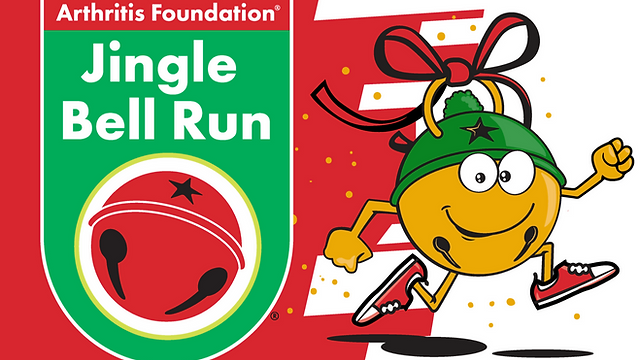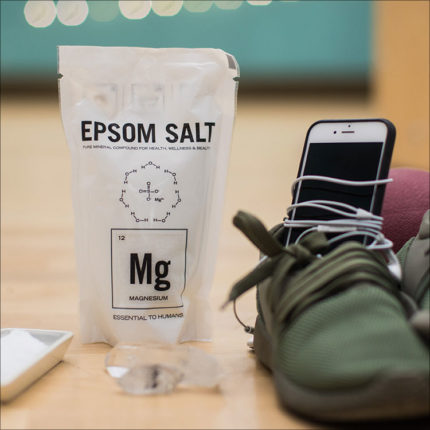Soak in Epsom Salt and Reduce Workout Intensities
As summer draws near, people exercising outdoors – from newcomers to top athletes – should make adjustments or their workouts could suffer, says Marni Sumbal, a prominent exercise physiologist and board-certified sports dietitian.
Sumbal, the co-owner of TriMarni Coaching and Nutrition in Greenville, S.C., recommends reducing workout intensity until you adjust to the heat. She also suggests amping up your hydration, taking cold baths as part of your cooldown and soaking in Epsom salt to help muscles recover.
“We’ve been using Epsom salt for a long time,” says Sumbal, who is widely quoted in several of the nation’s top sports and health-related magazines. The list includes Shape, Women’s Health, Runner's World and Good Housekeeping.
“We really like it after very intense workouts,” Sumbal says of Epsom salt, which is actually magnesium sulfate. “Your body absorbs the magnesium through your skin to help reduce inflammation. Then you can get back to training quicker.”
5 Tips to Train Smart in Hot Weather
- Reduce the intensity, stay inside or work out during off-peak hours. For the first month of hot weather, scale back until your body adjusts to the heat. Pushing too hard too soon can lead to fatigue or injuries.
If you don’t want to reduce the intensity, work out either early in the morning or later in the evening, when the sun is down. You can also spend at least part of the workout indoors.
- Hydrate. You will sweat more in the summer, which can cause headaches, nausea or fatigue.
During a 60-minute workout, drink 20 to 28 ounces of either water or a sports drink. Sports drinks can be especially helpful because they contain carbohydrates (Sumbal recommends consuming at least 30 to 60 grams) as well as electrolytes (consume at least 400 milligrams of sodium). Afterward, she suggests either tart cherry juice to help with inflammation or orange juice that quenches thirst and contains potassium.
- Warm up. Do some dynamic stretches (movements while stretching) to activate the muscles, increase the blood flow and to get full range of motion.
- Cool down. Take a cold bath (not ice) or a put a cold rag around your neck to reduce the body’s temperature. This helps you recover quicker by lowering your heartrate and increasing your appetite.
- Soak in Epsom salt. This repairs muscle damage and offsets delayed inflammation. About an hour after the cold shower, add 2 cups of Epsom salt to a lukewarm bath.
“We really want to make sure the magnesium is absorbed, so soak for 20 to 40 minutes,” Sumbal says.
If a bath isn’t an option, she recommends scrubbing Epsom salt into your skin during a shower.





